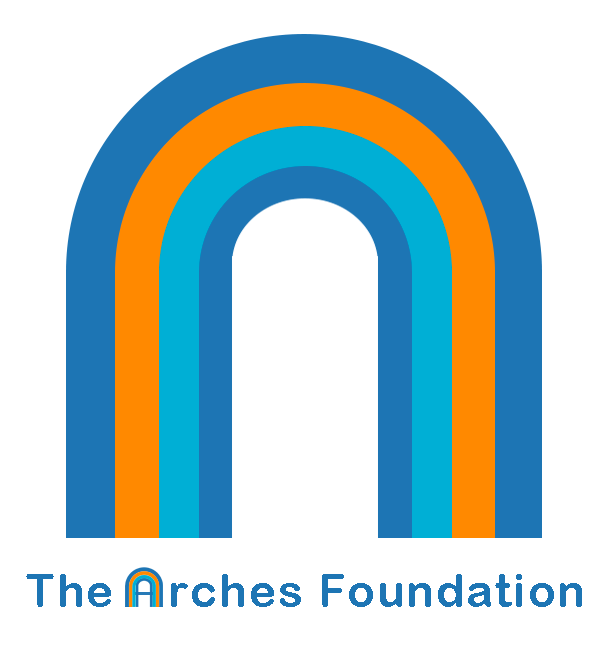The Neuroscience of Organisational Wellbeing
An Innovative and Collaborative Approach for Frontline Workers Mental Wellbeing
Neurobiological Insights and Practical Tool
For Advancing Frontline Worker Resilience
The Arches Neurobiological Profile Tool (ANPT) is a practical tool that applies neuroscientific research to enhance employee wellbeing through a neuro-integrated approach.
- Applies Neuroscience
- Enhances Wellbeing
- Neuro-Intergrated Approach

Unlocking Resilience
Exploring the Polyvagal Theory and the Role of the ANPT
Polyvagal theory posits our autonomic nervous system has evolved three distinct response patterns: ventral vagal sympathetic arousal and dorsal vagal immobilization (Porges, 2009). The ventral vagal pathway supports social engagement behaviours associated with feelings of safety and connection, while sympathetic arousal mobilises fight-or-flight responses in stressful situations. The dorsal vagal pathway is linked to freeze responses when threat perception overwhelms coping resources. Porges (2022) suggests chronic activation of fight-or-flight and freeze responses can lead to limited neural plasticity, which reduces resilience. The ANPT supports workers to identify and access strategies that target neural plasticity and expand it, whilst also promoting a sense of agency in how they can respond to crisis and recover after exposure.


Unlocking Resilience
Exploring the HPA Axis, Cortisol Release, and Neuromodulation with ANPT
The hypothalamic-pituitary-adrenal (HPA) axis plays a central role in both stress response and resilience. Activation of this axis leads to cortisol release, which helps mobilize energy resources in response to stressors (Li et al., 2022). Chronic or excessive activation of the HPA axis, however, can lead to HPA axis dysfunction with detrimental effects on physical and mental health. Understanding the interplay between the polyvagal theory and the HPA axis can provide valuable insights into resilience mechanisms. The ANPT supports the implementation of neuromodulating strategies that build HPA axis plasticity and therefore resilience (Rajkumar, 2021).
Organisations & Coping Styles
Diverse coping styles, including problem-solving and social support, enhance frontline worker resilience. ANPT assesses these styles and fosters self-knowledge for personalised stress coping.
Fostering Organisational Awareness
Fostering organizational awareness through open communication, psychological safety, and work-life balance is pivotal in promoting frontline worker resilience and preventing burnout (Orhan, 2022).
Identifying Environmental Stressors
Assists in pinpointing environmental stressors and developing training strategies that boost emotional intelligence and promote self-care for frontline workers.
Enhancing Employee Support
Enables organisations to develop targeted strategies for emotional intelligence and self-care, fostering resilience and well-being among frontline workers.
Meet the Trainers
Teamwork makes the dream work.

Rebecca Cort
Executive Leader Wellbeing and Enrichment

Rebecca Cort
Executive Leader Wellbeing and Enrichment
- Phone:0448 897 428
- Email:rebecca.c@archesfoundation.com.au

